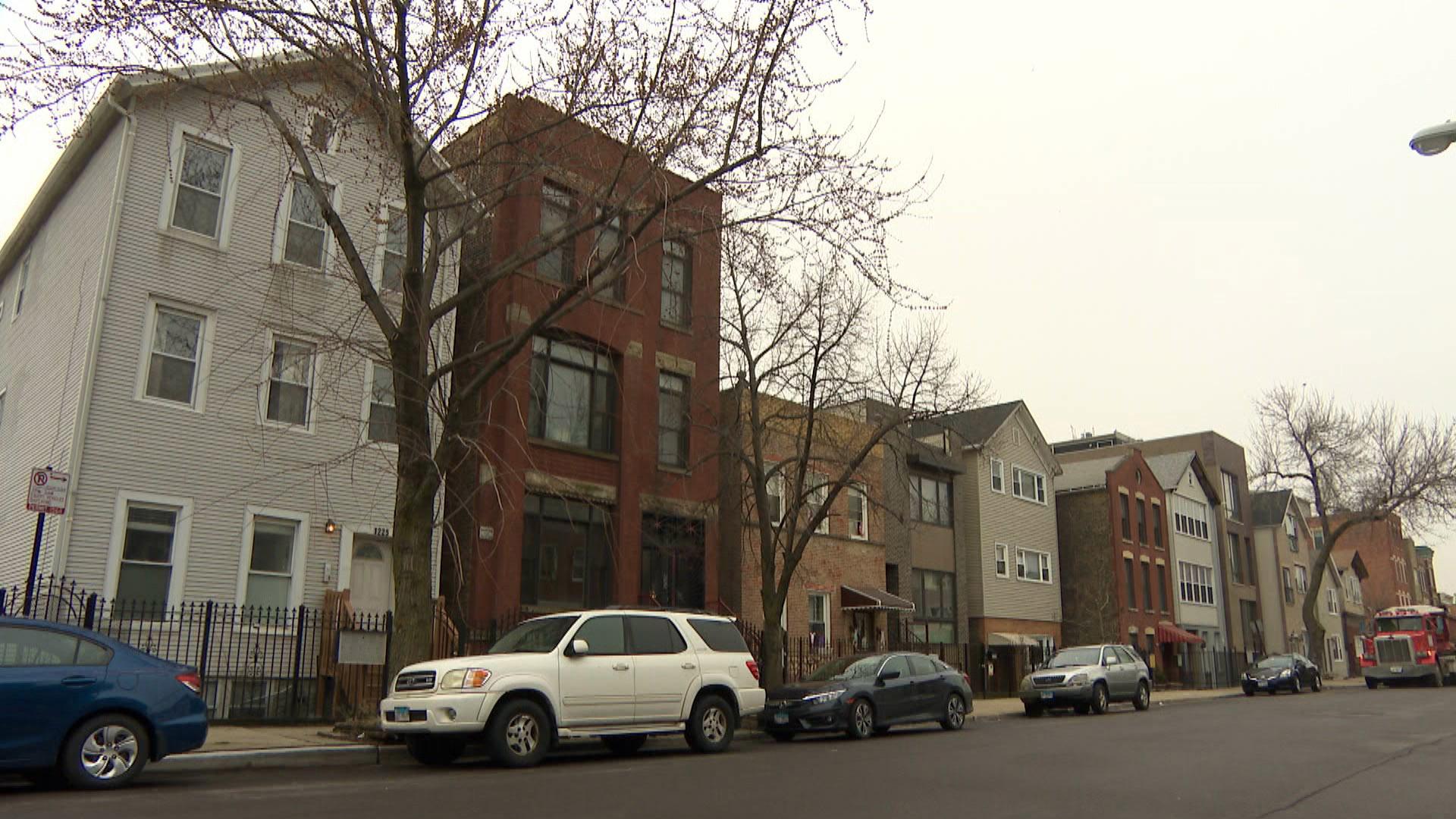Whether it’s due to a suddenly empty bank account or a suddenly full house, pretty much everyone is feeling anxious about the coronavirus pandemic. And with the situation in constant flux and new worries cropping up every day, many families are struggling to find their way to a new normal.
Dr. Alexandra Solomon, a professor and clinical psychologist at Northwestern University, says that when it comes to the irritability that will inevitable arise with everyone at home together, “What we do with our irritation is our choice. We can choose to shut our mouths and step away before we say something we will regret later. It also can help to create some agreements which are clear, reasonable, and verbalized. In close relationships it’s so easy to assume that people can read our minds and that everyone does (or should) perceive situations the way we do. Being intentional and forward-looking can go a long way toward keeping the peace.”
One method Solomon recommends is posting a sign reading: “Is it true? Is it kind? Is it necessary?” Family members can agree to reference the sign they find themselves getting irritated with each other.
Parents might also find themselves struggling to talk with their children about the crisis. Solomon advises adjusting the message based not only on the child’s age, but their personality. “We have two teens in our home and what they need is just about diametrically opposed,” Solomon said. “One teen needs lots of space and to avoid all conversation about the pandemic. The other teen needs a lot of connection and conversation about schedules, plans and news updates. The responsibility rests on parents to provide the kind of care that each of their kids needs. This isn’t easy, and we are going to screw up. When we do, we can apologize and try again.”
 Full house? More and more Chicagoans are staying home to help prevent the spread of the new coronavirus. (WTTW News)
Full house? More and more Chicagoans are staying home to help prevent the spread of the new coronavirus. (WTTW News)
In addition to interpersonal stressors, many families are facing sudden financial distress that adds to their anxiety. “People are really afraid and want to help but are afraid of getting sick. Hoarding is actually a sign of anxiety,” said Dr. Evelyn Figueroa, professor of clinical family medicine, family medicine residency director. “Fifty percent of people live paycheck to paycheck. This means they do not have the actual means to stockpile supplies, money for extra transportation when their stores are out, and may not have the right cleaners at home.”
Figueroa also directs and founded the UI Health Pilsen Food Pantry, which offers food assistance to low-income and at-risk populations. But Figueroa says people using food pantries and soup kitchens don’t need to worry about the safety of the food on offer – the organizations are adapting their practices to ensure the safety of the food supply. “Many food pantries are still operational but have adjusted procedures to respect social distancing practices. Soup kitchens have adjusted practices to using to go containers,” she said.
Figueroa says one way to ease anxiety is to make connections in the community and help out wherever you can. “We are getting some folks that want to help since they've been laid off,” she said.
Solomon agrees. “We are calling it ‘social distancing’ but really it’s ‘physical distancing,’” she said. “Social connection is as important as ever, perhaps more because human connection is the perfect medicine for frazzled nerves and frightened souls.”








